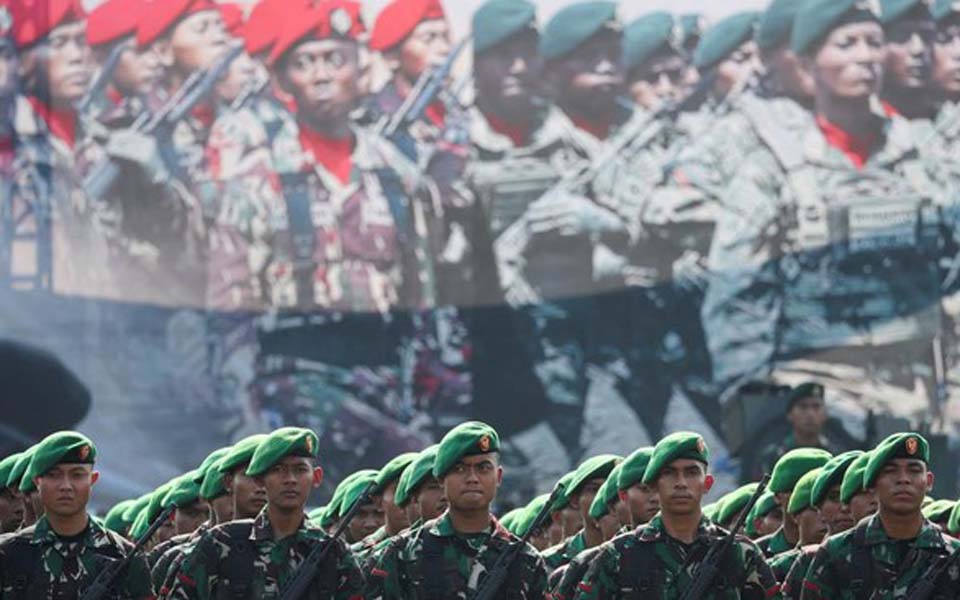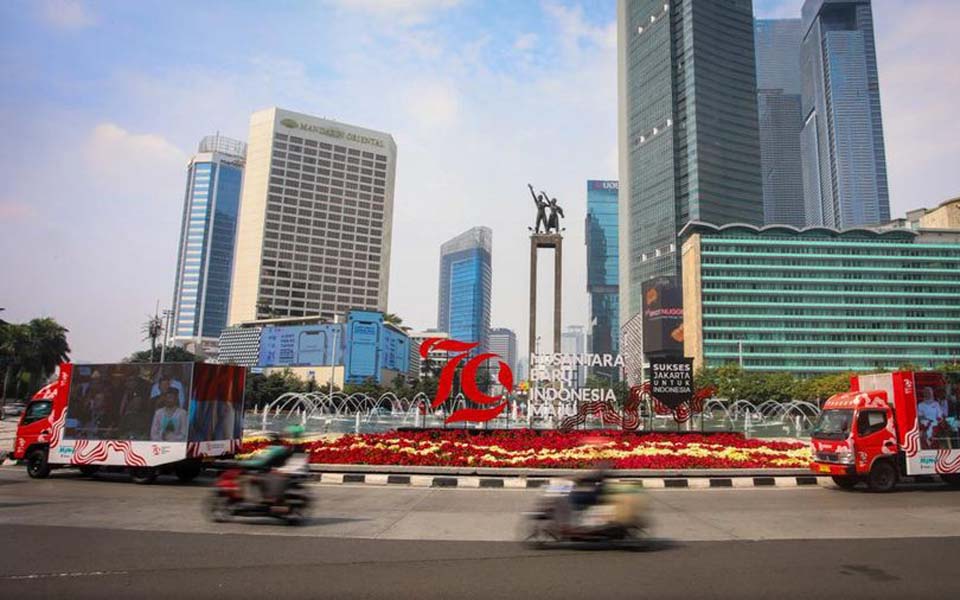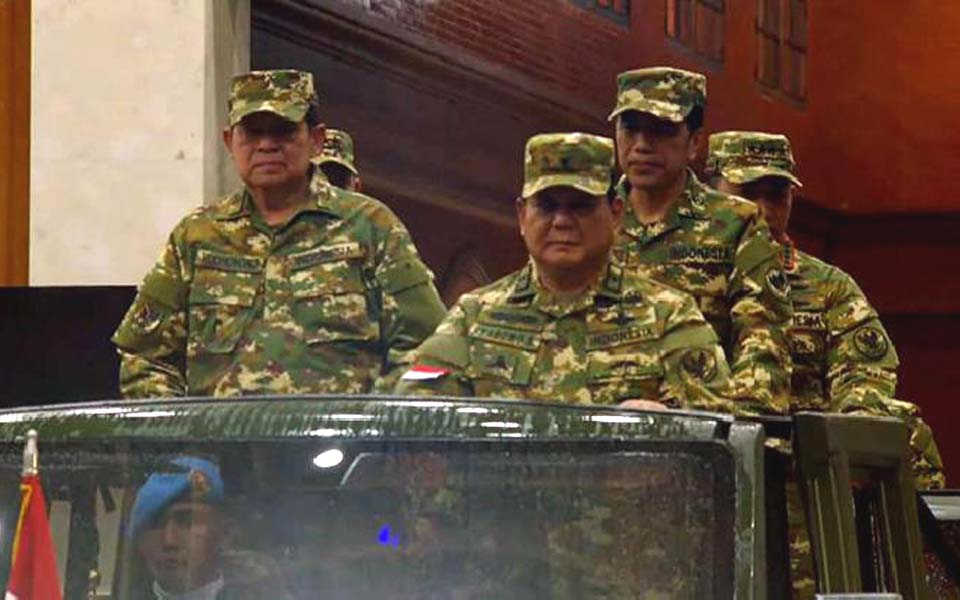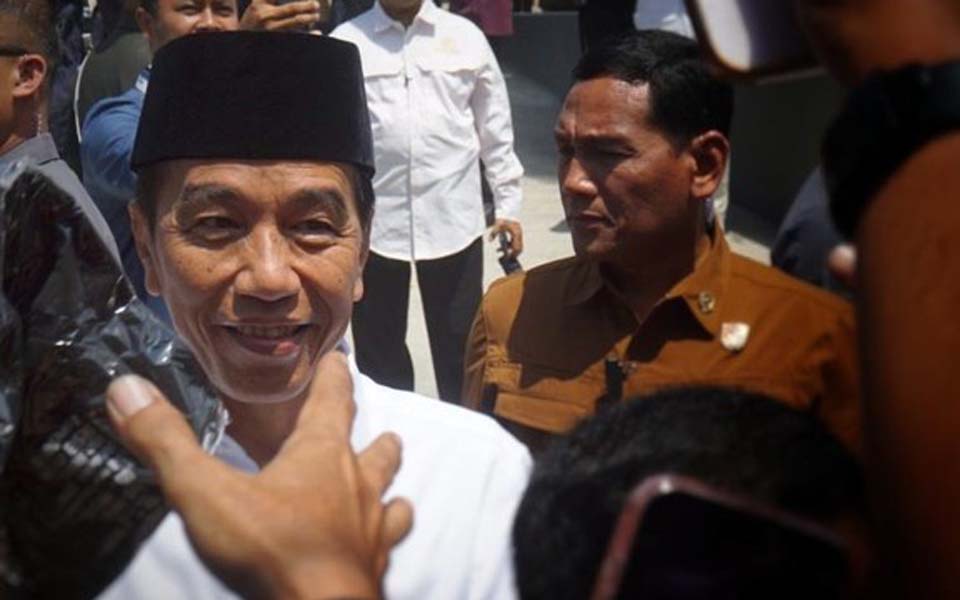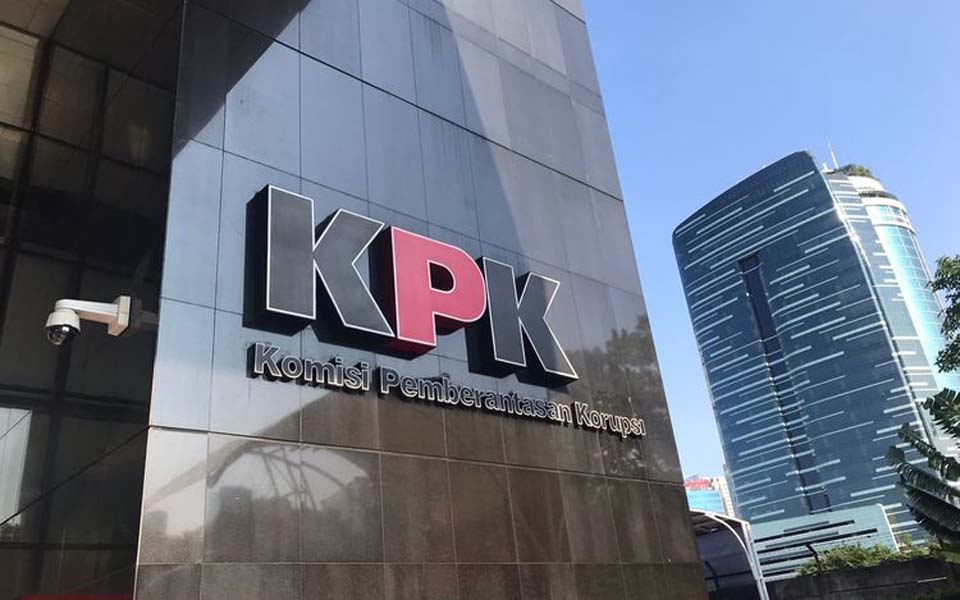The political, economic, social and cultural situation, over which there has been great apprehension of late, has resulted in the public almost entirely loosing trust in those who run the country. As a consequence of the behaviour of the bureaucrats and politicians that that control key state institutions, the country appears to have lost direction.
BI Purwantar – More than three-quarters of respondents stated that their trust in the government has steadily weakened. This is based on their dissatisfaction with how the administration is being run. This view was revealed in a Kompas survey across 12 major Indonesian cities between October 5 and 7, 2011. The negative assessment of those who run the country has been triggered by the behaviour of the politicians, bureaucrats and law enforcement agencies, which are increasingly demonstrating an attitude and behaviour that is far from the goal of bringing prosperity to society, let alone humanity as a whole. Not surprisingly, the exposure of corruption cases linked to the Bank Century bailout, the judicial mafia, the taxation mafia, and now, the House of Representatives’ (DPR) Budget Committee, has filled the public’s perspectives with only negative views.
In relation to corrupt behaviour, almost 100 percent of respondents agree that the current sale of corruption in all state institutions is massive, including suspicions by a majority of respondents that this involves corruption within circles close to President Susilo Bambang Yudhoyono (SBY).
Even efforts to root out graft by the Corruption Eradication Commission (KPK) are not seen as being able to break this chain of corruption.
Instead of creating a deterrent effect, the KPK’s efforts have instead resulted in “attacks and counter attacks” by members of the state’s institutions. The most recent example of this is the dispute between the KPK and the DPR’s Budget Committee. The KPK’s summoning of members of the Budget Committee in relations to alleged corruption was countered by a proposal by DPR members to dissolve the KPK. In this, the “predatory” character of DPR members was nakedly revealed. In response to the affair, three-quarters of respondents explicitly stated that they rejected the proposal to dissolve the KPK. The respondents were convinced that it was motivated simply by the DPR’s desire to block efforts to uncover corruption and not to improve the KPK.
Procedural democracy
The general views of respondents also reflected that the democratic conditions in the country are relatively better than during the New Order period of former President Suharto. This has been demonstrated by a strengthening of democratic elements such as the fulfillment of civil and political rights, freedom of expression, relatively smooth elections and the strengthening of civil society.
Also indicated however was that these democratic practices are limited to the procedural, and have not yet touched upon substantive areas. Democracy is built on the foundations of individual freedoms, a differentiation between public and private space, along with the broadening of private space in the social and economic sphere.
This has proceeded in conjunction with the state relinquishing its role in social and economic areas and is related to economy’s integration into the regime of the free market. The consequence of this is that the understanding of democracy is not linked to social justice or the direct participation of citizens in creating it.
There are several examples of this. Elections, which are promoted as free, are actually ridden with money political and forces that control capital, which use the state’s assets to maintain power. The decentralisation of power, which has been packaged in policies of regional autonomy, mostly maintains the old ruling elite rather than giving rise to bright and creative alternative leaders. Not to mention discriminative practices and acts of violence against minority groups that continue unabated, both quietly and openly.
In the midst of this, the pillars of democracy such as the political parties and the DPR have metamorphosised into a political force of rent seekers. Disappointment with these elements of democracy has resulted in more than half of respondents (56.7 percent) being pessimistic that the administration will be able to extract the Indonesian nation from the problems it faces.
Fragile social basis
In a democratic system that operates simply on a procedural level, social collective ties at the community level have become extremely fragile. This has occurred because the basis of these ties are being masked by narrow and short-term interests. This can be observed from the rapid growth of groups that are driven by narrow primordial and fundamentalist ties that are protected by political forces in order to maintain power.
Conversely groups that should be fighting for community issues and social justice have failed to unit into a solid force. The labour movement for example, is still fragmented. Student or youth groups have been lulled into sleep and isolated by the economic corridors of the education system.
The public is quite well aware of this situation. More than half of respondents (58.4 percent) said that currently there is no consolidation of the political elite that is seeking to improve the disturbing and confusing situation that the nation faces. A strong leader capable of changing the situation is yet to emerge. This could be a warning that the fresh breeze of democracy that reverberated following the reformasi (political reform) movement in 1998 is still confined within the stale air of the narrow cave of reformasi. (Kompas Research and Development)
Source: Jajak Pendapat Kompas: Tersandera Sikap Politikus-Birokrat – Kompas. Senin, 10 Oktober 2011
[Translated by James Balowski.]






